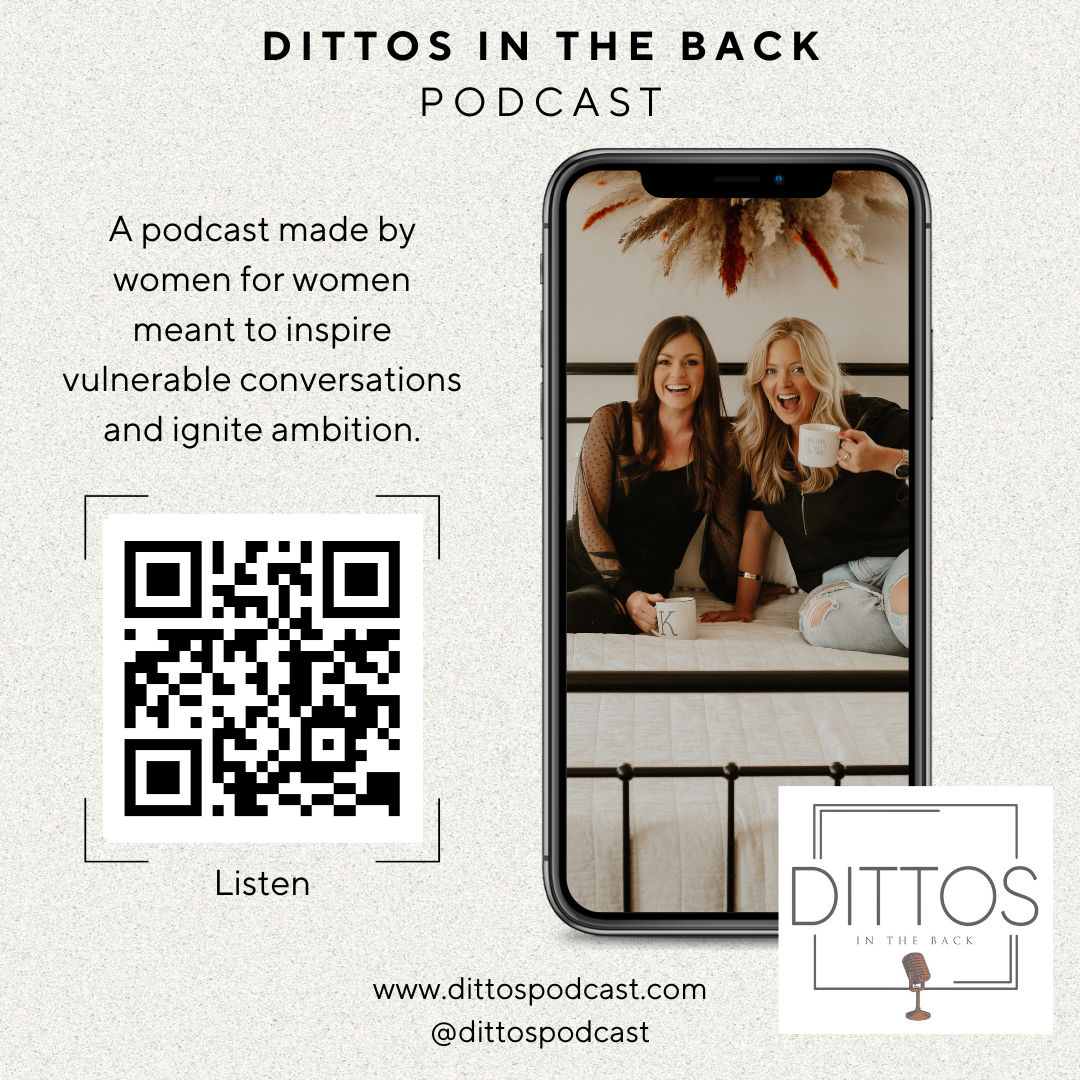“Plan de Vida”
Have you heard the term “Blue Zones” in reference to living a long life? If you haven’t, you aren’t alone. But it might interest you to learn more about these blue zones. Blue zones are regions in the world where people are claimed to live or to have recently lived, longer than average. Basically, while studying longevity and where and why people seem to live longer (100 years and older) areas with a concentrated number of healthy elderly people were found. These areas include Ikaria, Greece; Okinawa, Japan; Sardinia, Italy; Loma Linda, California; and Nicoya, Costa Rica. I had previously read something about these zones, but while my husband was out of town not too long ago, I watched the Netflix docuseries “Live to 100: Secrets of the Blue Zones”. I found it fascinating. If you get a chance to watch it, I think there are quite a few great takeaways from it. But if you don’t have time to sit and watch 4 episodes about how and why certain people seem to be living longer than average and have less illness and more mobility than others their age—I get it, so here are my takeaways…
Every Blue Zone has components that when put together create these perfect storm scenarios. When these areas were studied, there were certain aspects that coincided with each other. There are some basics that I’m sure all of you can guess. For example, getting movement in every day and eating less meat and more veggies. However, there were a few that seemed just as important to focus on but might not be first on your mind. Connection and community—feeling like you have a sense of community and strong relationships whether that be through family, a church, or a group of friends that meets once a week to play tennis; to live longer you must connect with other people. No smoking (no brainer). Not having a sense of time urgency…why are we all so stressed? A sense of purpose. Empowered women. Sunshine. These are all parts of the communities that are considered “blue zones.” How is your daily life stacking up against these qualities? If you feel like there is room for improvement, don’t worry. The series ended with a pilot project implementing these changes in the daily lives of everyone who lived in a small Minnesota town, Albert Lea. After one year of adjusting their movement, connection, and nutrition the citizens of the town saw a significant change in overall health and wellbeing.
Do you ever feel like you were called to do something? Or maybe you question your purpose? In my opinion, I think everyone has a purpose. Whether or not you’ve found it yet isn’t as important as trying to figure out what it is. Once you do, I think it’s important to share it with as many people as possible. I believe writing is my gift. I may not be the most eloquent wordsmith, but I thoroughly enjoy sitting down and putting words to a page. I am confident in my ability and want nothing more than to share the creativity I have bottled inside with as many people willing to listen as I can. In Japanese culture, there is a concept called ikigai pronounced “E-Key-Guy”. Translated, it means a reason for living. It signifies that you have a purpose. The Japanese are so passionate about this, that they believe if you lose your purpose you will die. Along with the concept of ikigai, in the Japanese culture, you are taught throughout your whole life that you are needed and that you matter. Can you imagine how much better off everyone would be if for their whole lives, they knew they were needed and that they mattered? There is a sense of community and a true need for connection. Compare this concept with the “loneliness epidemic” we have in the USA. In what ways could we replicate this concept in our own lives and culture? In Costa Rica, they have a similar ideology called Plan De Vida. Which when translated means, slow down for what matters. When was the last time you slowed down and fully embraced what was happening around you? It is a difficult thing for me to do and I’m sure it is for most of you as well. But if we don’t take the time to “slow down for what matters” and put our energy towards a purpose, we are in fact reducing our life expectancy. If laughter experienced through connection equals longevity, then I hope you take this post as your kick in the pants to meet a friend for a walk, feel the sunshine on your face, and laugh the day away. Not that living an extremely long life is the end all be all, but no matter how long I am blessed to be on this earth, I hope my life is full of love and joy. No matter if it adds to our longevity, building a connection, slowing down for what matters, and feeling like we have a purpose sure can’t hurt.
Have a wonderful weekend and as always, happy reading!




